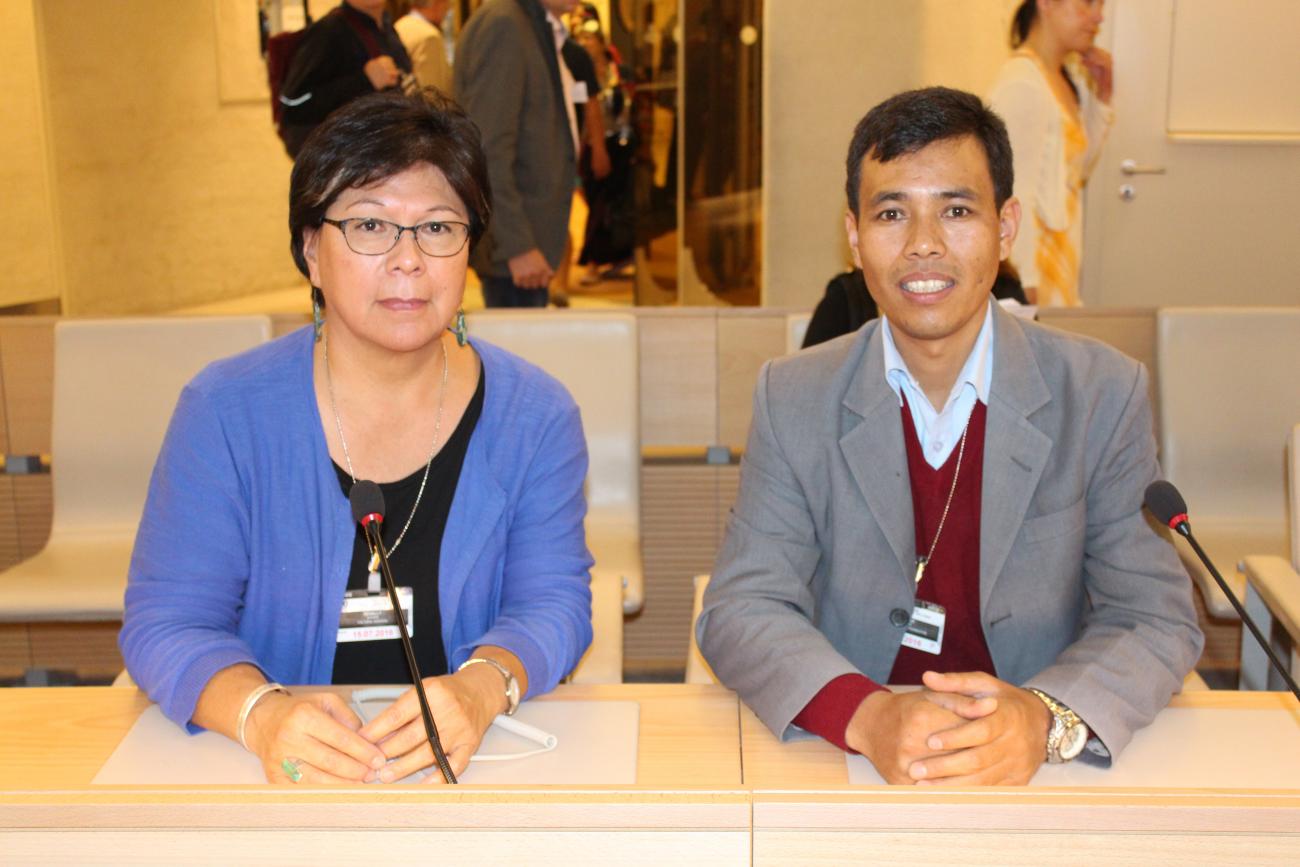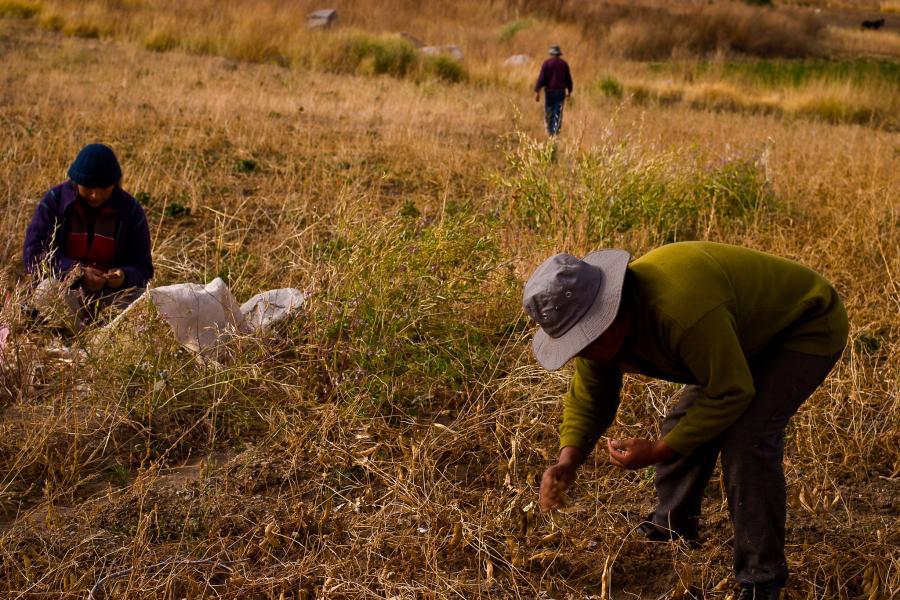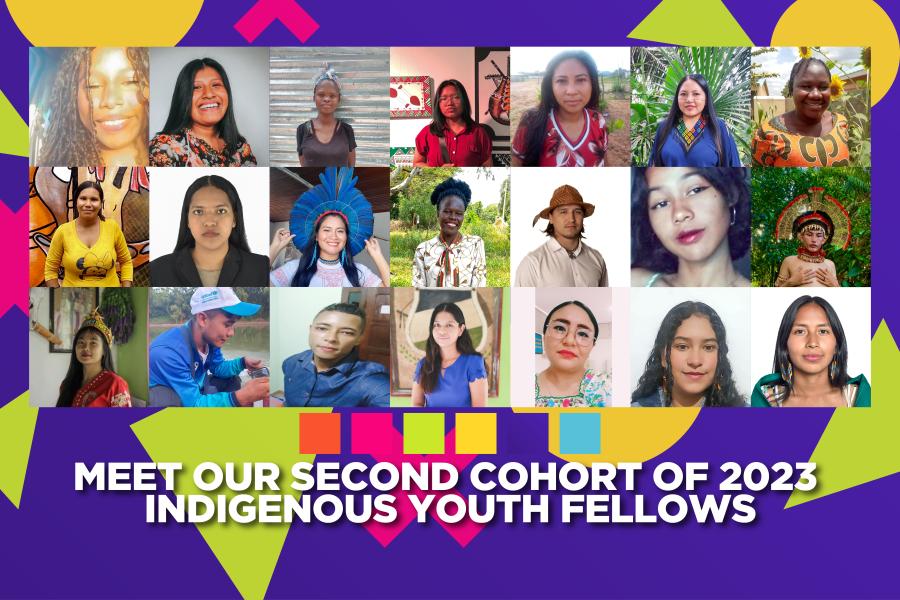
On July 12, 2016, Cultural Survival Executive Director Suzanne Benally delivered the following intervention for the Right to Health and Indigenous Peoples, with a Focus on Children and Youth during the 9th Session of the UN Expert Mechanism on the Rights of Indigenous Peoples in Geneva.
Mr. Chair, Distinguished representatives, Indigenous brothers and sisters.
My name is Suzanne Benally. I am Dinè from the Navajo Nation, my mother’s clan is Kinlchiii’nii and I was born for the Naashashi clan - the Tewa people.
In recognition and support of my people and Indigenous Peoples, Cultural Survival concurs with the draft study on The Right to Health and Indigenous Peoples, with a Focus on Children and Youth. We wish to appreciate the work of the Expert Mechanism on the Rights of Indigenous Peoples and others for their comprehensive study and recommendations.
The right to health in Indigenous communities is rarely understood or addressed holistically. Social services and health interventions are isolated from a holistic framework, underfunded, disregarded, or non-existent. The failure of states to understand the relationship between Indigenous peoples well-being and health and their spiritual and cultural ties to their lands and territories continues a long history of cultural genocide.
The relationship between environmental degradation by extractive industries and large scale development projects, air and water contamination, climate change, lack of access to sacred sites destruction of our plants, forests, waters and ability to grow our own food are directly connected to the emotional, physical and spiritual health of Indigenous Peoples.
In my community of Shiprock, NM environmental contamination from uranium, coal mining and contaminated mining spills significantly impacts air and water quality and threatens life itself. We experience the nation’s highest rates of asthma in children, increased rates in developmental problems in children, increased physical disabilities, increased cancer rates, as well as social and economic problems.
Additionally, racism, the violence against women and girls, the abuse of children, the breakdown of cohesive family structures, loss of traditional languages, alcoholism, drugs, poor education, historical trauma are prevalent in our communities. We lack adequate funding and infrastructures to address these issues and problems.
Our youth find themselves caught between their Indigenous language, customs and values and those of mainstream society. Social factors affecting youth’s right to health include issues of urban migration, discrimination, poverty, and the marginalization of Indigenous girls.
Intensified globalization and economic, environmental, and social change impacts food networks and supplies. Climate change affects Indigenous communities worldwide impacting communities through extreme weather such as drought, floods, hurricanes, heat waves, and excess rainfall. As a result, we experience greater challenges in developing and maintaining viable economic lives and food security.
Recognizing Indigenous Peoples right to self-determination supports communities in having control of their lives, including maintenance of traditional cultures and practices, traditional land ownership, including traditional and customary law and governance structures, and has shown to have positive health impacts, including improved diet, exercise, and the reconnection of Indigenous peoples with their traditional economic bases.
In conclusion, the study conducted by EMRIP is critically important to the rights of Indigenous Peoples and their futures, the future of children, and the generations to come.
We affirm the initial recommendations and urge state governments to:
- Recognize the importance of Indigenous identity, culture, community, traditional lands, and language in the wellbeing of Indigenous Peoples and their communities.
- Implement the process of Free, Prior and Informed Consent in its true intent.
- Recognize the improvement of Indigenous Peoples’ health status must include attention to physical, spiritual, cultural, emotional and social well-being, community capacity and governance.
- Ensure that women, girls and children are protected from violence and trafficking.
- Gather and report disaggregated data on Indigenous youth and children
- Implement the COP21 Paris Agreement as a minimum standard to take concrete steps towards mitigating the effects of climate change on Indigenous Peoples, especially the future of Indigenous youth.
Thank you for the time to speak.
Suzanne Benally
Cultural Survival



